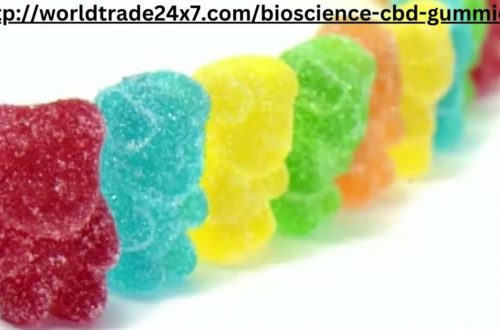
Biological Age Test Confirms Efficacy of Wellness Program

Age is a big factor in getting sick. And people want to find ways to stop this from happening. But it’s hard to measure how healthy someone is because it’s not just about not having a disease. It’s also about how good they feel, their energy levels, and how well they can fight off future illnesses.
The idea of “biological age” has been around for a while. And scientists are trying to find better ways to measure it. They are looking at things like genetics, proteins, and chemicals in the body to get a more complete picture of someone’s health. By doing this, they hope to develop a way to help people live healthier lives as they age.
Study Design
A study analyzed data from a wellness program, which offered coaching on exercise, nutrition, stress management, and sleep to 3,558 individuals with varying ages and health statuses. Data from consenting participants was collected between July 2015 and July 2018. It consisted of genetic, proteomic, metabolomic, and microbiomic data, along with longitudinal measures from blood, clinical lab tests, proteins, and metabolites.
The study used the Klemera-Doubal method to create a biological age (BA) measure. This was used to assess changes in BA over time after coaching. The study also examined associations between the BA measure and self-reported health conditions and smoking.
The mean age of the study population was 47.5 years, with more females than males. The percent of obese participants was 27.9%, which is lower than the Center for Disease Control reported estimate of 37.9% for all U.S. adults.
Study Results
The study found that biological age (BA) decreased by 0.16 years for every year of participation in the wellness program. This was significantly lower than the expected increase of 1 year / year.
Exploratory analyses were performed to examine several baseline factors that were hypothesized to have an impact on BA trajectories. The analysis showed that the rate of biological aging was slowed in women over time. And participants with higher BA than their chronological age at baseline experienced greater benefits from health coaching.
The study concludes that BA can reflect an individual’s overall wellness and health span, with higher BA being associated with common diseases such as Type 2 diabetes. BA can also be used to track an individual’s health progress during a wellness program.
The degree of plasticity in BA depends on various factors such as age, sex, and current health status. Metabolic health, inflammation, and bioaccumulation of toxins are the most important factors affecting BA.
Thrivous Recommendation
Thrivous recommends regular measurement of biological age, as often as once or twice yearly. This practice helps to confirm the efficacy of lifestyle changes, including changes to exercise, sleep, and nutrition. And it can help motivate persistence in lifestyle changes, thereby increasing the overall health and longevity benefits that accumulate from consistency over long periods of time.
Thrivous has developed Thrivous Clock to measure biological age. It is based on the PhenoAge algorithm, which is the most cost-effective open-source science to calculate biological age. Thrivous Clock is now available to purchase via the Thrivous website.
More Articles
Read more articles at Thrivous, the human enhancement company. You can browse recent articles in Thrivous Views. See other Aging Clock articles. Or check out an article below.





